Partners and supporting stakeholders at the SAYCIA awards launch
Climate change awareness is on the rise, and climate action is gaining momentum globally. This week is a pivotal time for discussion and policymaking as the United Nations Climate Change Conference — the Conference of Parties, or COP 26 — takes place in Glasgow from 31 October to 12 November. While the conference is critical to ensure that global climate change targets are met, South African non-profit company, Indalo Inclusive partnered with the British High Commission South Africa to develop and promote climate-smart, green, and inclusive entrepreneurial innovations with a focus on youth-driven solutions through the South African Youth Climate Innovation awards.
On Friday 29 October Indalo Inclusive, in partnership with the British High Commission in South Africa and the Mail & Guardian as proud media partner officially launched the South African Youth Climate Change Innovation Awards (SAYCIA), in a ceremony that had support from both the United Nations Development Programme and South Africa’s Department of Forestry, Fishery and the Environment (the Department).
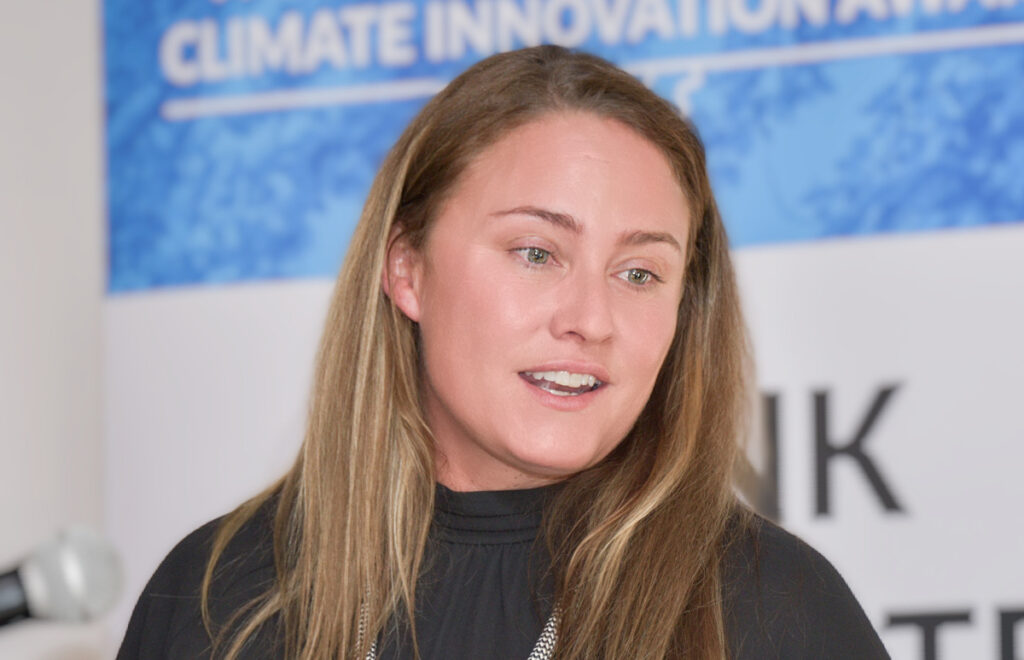 Simone Smit – UNDP Accelerator Lab: Head of Exploration
Simone Smit – UNDP Accelerator Lab: Head of Exploration
“These awards … touch on two imperatives — one is addressing the economic exclusion of youth, and the other of rebuilding the environment with sustainable development,” said Rest Kanju, Founder and Director of Indalo Inclusive.
“Indalo”is an isiZulu term that intersects between both “ecology” and “creation”, clearly representing the objective of the Youth Climate Innovation Awards. Working under the theme of #OneStepGreener_SA, the project will invite entrepreneurial participants who innovate in the spaces of energy, water, agriculture, waste, and ecosystem innovation — areas in which South Africa is in desperate need of solutions. Indalo is placing clear emphasis on the pragmatic nature of these awards in helping to find solutions and is doing so in a manner that is not simply top-down, but both implementable and youth-led.
“This is not just a talk show. The programme is divided into two components — firstly, it’s the awards programme, where we will select and showcase 26 innovators and trailblazers,” explained Content Development and Partnerships Coordinator for Indalo, Natania Botha. “The other side of the programme is we are going to host dialogue sessions, because we would like to delve deeper into the challenges that are facing the young people. … Ultimately our goal is for policy-makers and ecosystem players to become more familiar with the issues raised, and that these hopefully influence both increased technical support and investment focus.
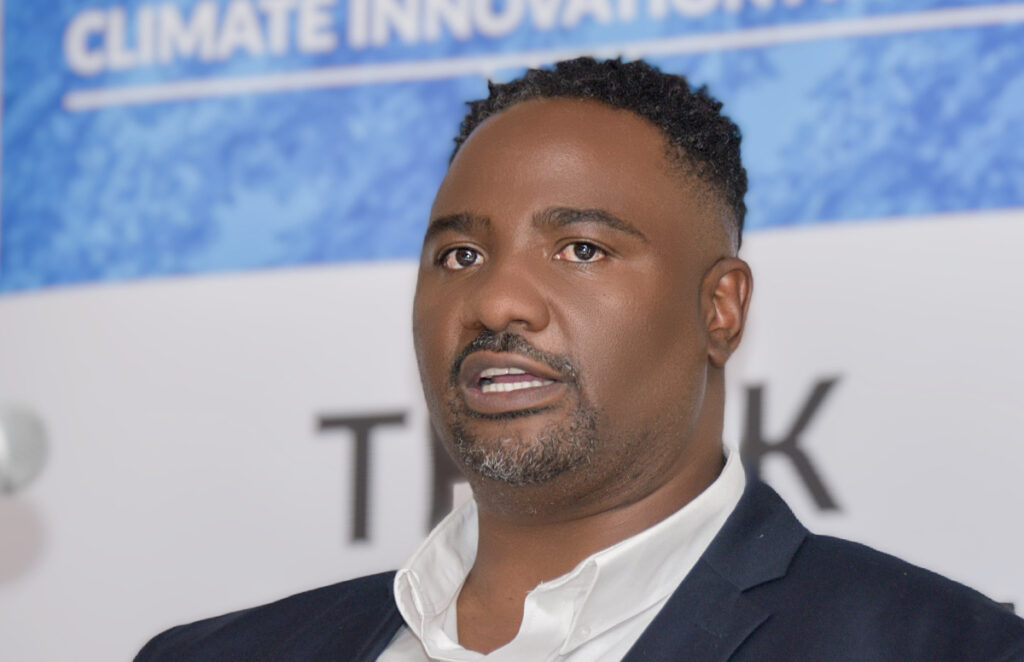 Rest Kanju – Director and Head of Operations at Indalo Inclusive
Rest Kanju – Director and Head of Operations at Indalo Inclusive
The awards focus directly on the critical areas of water, energy, waste, agriculture, and ecosystem restoration — the same challenges that underpin the COP26 discussions currently occurring. Broadly speaking, the ongoing COP26 conference aims to align with the data provided by the Intergovernmental Panel on Climate Change (IPCC) for the reduction of climate change. Key objectives include keeping global temperature change within the 1.5-degree range by 2030, ensure and enforce global levels of co-operation, and help make communities and ecosystems better able to adapt to the effects of the climate crisis, which is where Indalo fits in.
The South African Youth Climate Change Innovation Awards are aimed at meeting eco-inclusive enterprises, engaging with the impacts of climate change alongside facilitating social and economic improvement, in direct appreciation of the fact that climate change and its impacts occur within a local context.
As world leaders debate and discuss the way forward, Indalo shifts focus toward the custodians of the future — the youth: These awards will showcase what is available and ensure that they are recognised by investors and technical support partners. Most importantly, “we hope that the profiling of these enterprises will allow our young people to think beyond their current levels of exposure and thereby creating conditions for even new innovations to be brought forward — since people can only innovate to the level of their exposure. If we are to grow towards a greener and better economy in South Africa, we need more innovations that are climate-smart, greener, and inclusive. Therefore, youth are critical to helping us achieve this.
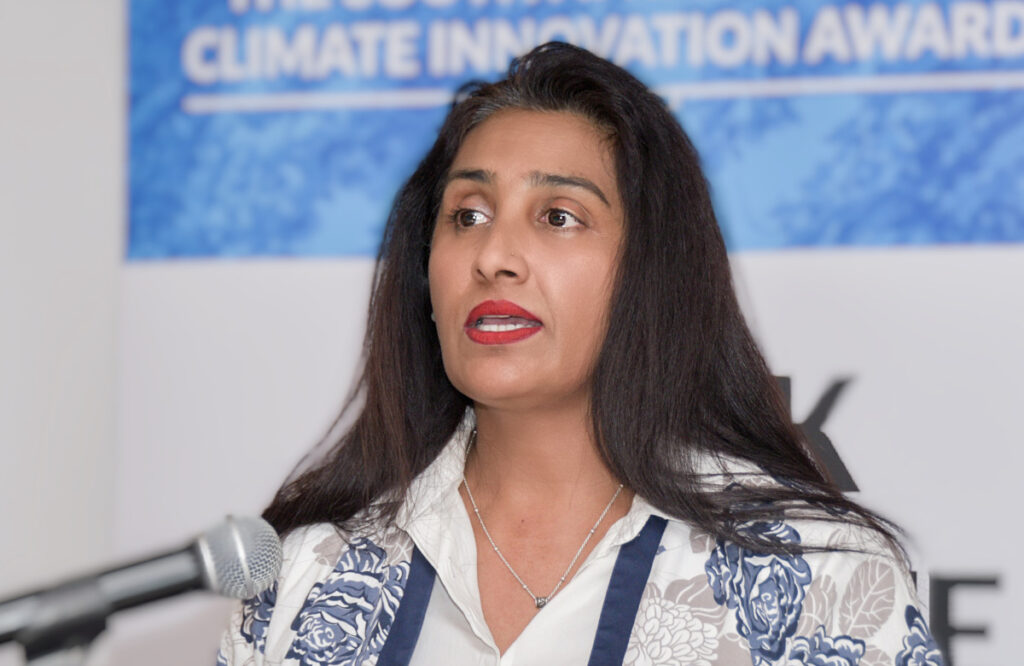 Dr Jenitha Badul – Chief Directorate: Intergovernmental Relations & Resource Mobilization at DFFE
Dr Jenitha Badul – Chief Directorate: Intergovernmental Relations & Resource Mobilization at DFFE
“All I had was an idea to create something that was amazing, effective, and that would impact the lives of us South Africans, my people,” said Lebogang Leshabane, founder and owner of BG Co, which aims to repurpose wastewater treatment into energy generation. “Through these programmes, I learnt to convert that idea into something that will be sustainable.” Leshabane was one of the Department of Forestry, Fisheries and Environment ministerial “Driving Force for Change” winners, an initiative geared towards supporting the youth to craft and design solutions to solve both environmental and economic challenges.
SAYCIA aligns clearly with the Department’s overall strategy of promoting youth enterprise, which is attempting to capitalise on future leaders demonstrating both ecological and economical survivability, critical in meeting the ambitious goals set out by COP26. Much of the burden of meeting those goals will depend on the youth and their commitment to climate change, and the Department is bringing a particular focus and energy to ensure that these opportunities exist for youth, women and those living with disabilities, as well as taking advantage of the opportunities provided by the Covid-19 pandemic.
“Covid-19 has helped us to see the fault lines within the societies we live in across the world … The youth are the future leaders of the world, but they also have the potential to demonstrate their success and create employment for others … The youth are in the spotlight because they have huge potential, [and are] sitting on a mountain of ideas, which, if given the chance that this [SAYCIA] platform allows, will enable them to take advantage of it and demonstrate the potential of their innovations,” said Dr Jenitha Badul, Senior Policy Advisor from the Department during her keynote speech.
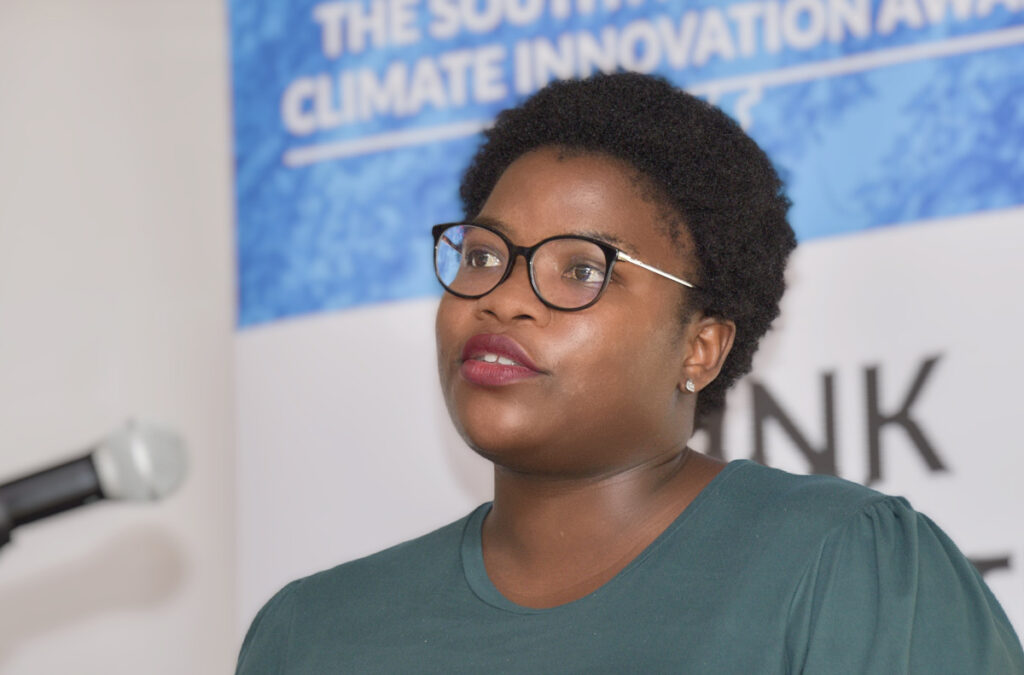 Pfunzo Mudau – Policy and Campaigns Officer, Climate Change and Energy at British High Commission
Pfunzo Mudau – Policy and Campaigns Officer, Climate Change and Energy at British High Commission
The launch of these awards represents a synergy of commitment to both youth development and climate change goals that align with the goals of many other nations participating in COP26. The project is supported by the British High Commission, which has already been in partnerships with the department on previous climate change initiatives, as well as the South African Institute of Institutional Affairs on their own youth climate action plan, which informed their own presentations at COP26.
While the British High Commissioner His Excellency Anthony Phillipson was unable to be in attendance due to his own COP26 preparations, the High Commission did highlight its commitment to a co-operative, driven and youth-focused relationship with both the Department and Indalo.
“Young people are very important, and they make up most of our population here in Africa,” said Pfunzo Mudau, Climate Change Policy and Campaign Officer from the British High Commission. “It’s very important for us to include youth when we talk of climate policy and climate action … because young people will bear the consequences of climate change … What is a goal to us will be a reality for young people.”
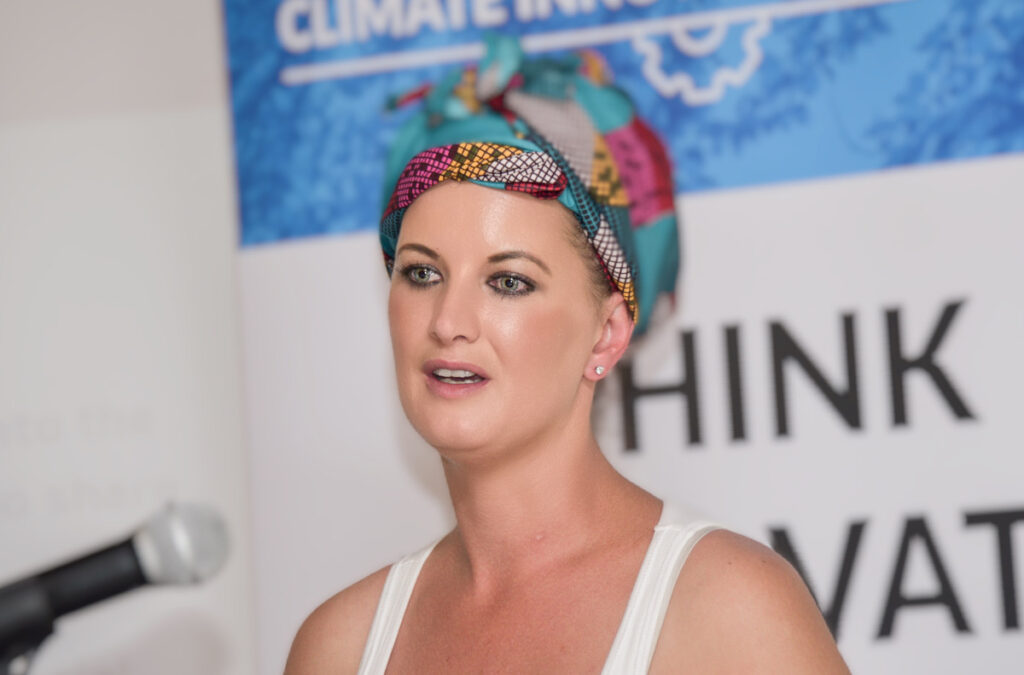 Natania Botha – Content Development and Partnerships Coordinator at Indalo Inclusive
Natania Botha – Content Development and Partnerships Coordinator at Indalo Inclusive
And while indeed the young age of the continent’s population highlights why youth should be a focus, the effects of climate change are also unevenly felt.
“Southern Africa is heating at twice the rate of the rest of the world … In South Africa, we’ve seen flooding, we’ve seen heat waves, we’ve seen droughts … What can we do? I think that in answering that, the British High Commission as well as its partners are trying to be a part of answering that question and be part of providing a space for young people to also answer those questions,” said Mudau.
This joint initiative comes at a critical time for decision making and solutions offered regarding climate change. The ongoing COP26 occurs in the light of dire reports from the Intergovernmental Panel on Climate Change (IPCC), with the latest report outlining that climate change is widespread, rapid, and intensifying.
“The science is very clear … we want action, and we want action now” said Simone Smit of the United Nations Development Programme (UNDP), speaking in support of the launch of the awards. “We hope that this initiative will form part of a bigger mandate, which is to transition from fossil fuels and to a future that is sustainable for us, and for young people as well.”
The impact of decisions made at COP26 will hopefully have fundamental impacts in the fight against climate change globally, but there is no question that there will be differential — and sometimes negative implications for particular industries — one of the reasons why novel solutions and youth-driven innovations are so critical to be fostered. Many organisations such as oil companies, who have played some of the largest role in the creation of the climate crisis, have for the first time been denied a formal role at the COP26 talks, a move that is seen as a censure for their lack of commitment to climate change initiatives. However, their influences still abound on the sidelines and is one of the many critical reasons why locally focused, community and youth-driven initiatives are important to develop in parallel.
“Billions throughout the world expect global leaders to show the bold and courageous leadership needed to avoid the ever-worsening impacts of climate change. COP26 is their opportunity to show it,” said Botha. “We cannot just rely on the world leaders as the young people of South Africa, and as an African continent … We can no longer just stand by and demand action. Action is in our hands.
— Yeshiel Panchia